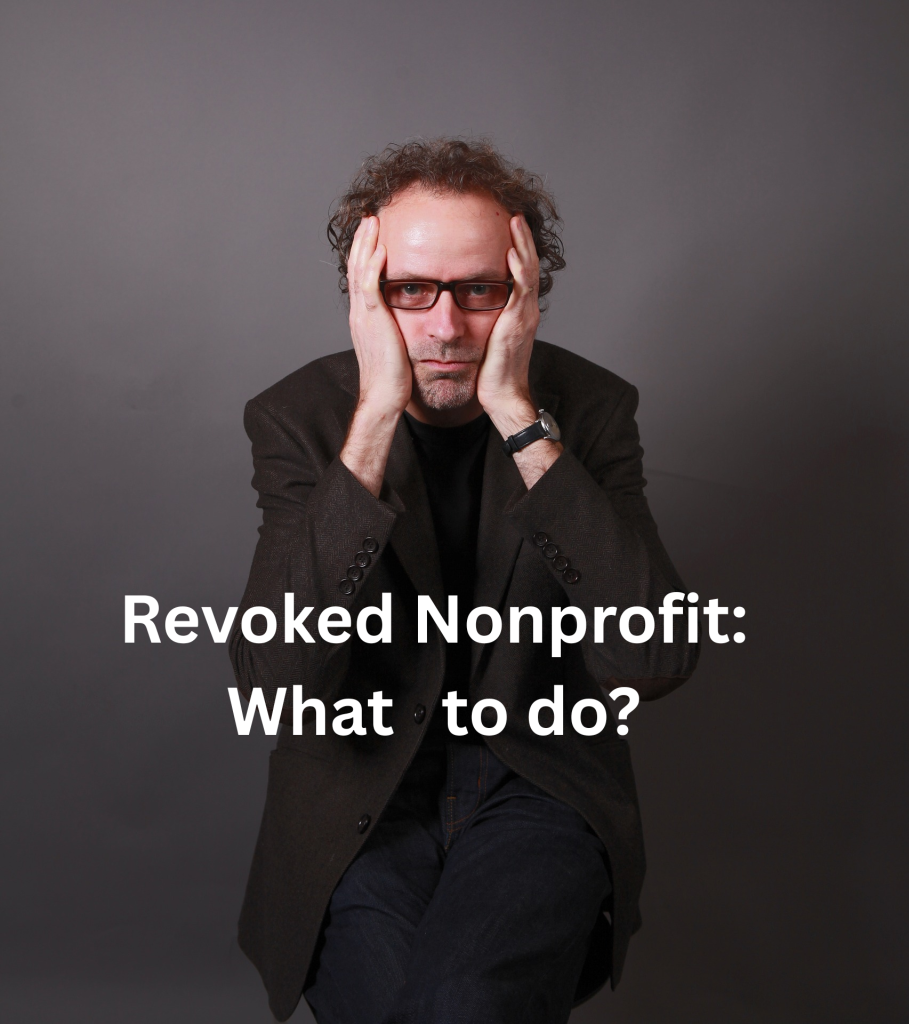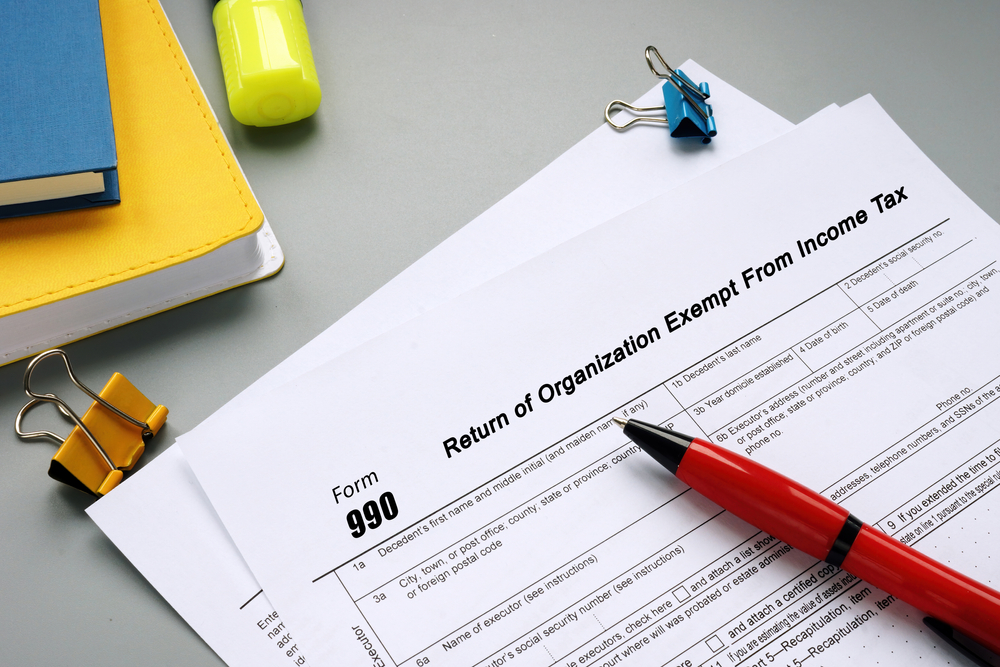
IRS Unveils Temporary Expanded Worker Classification Settlement Program
t the end of 2012, the IRS introduced a voluntary classification settlement program (Settlement Program) to provide an incentive for employers with misclassified workers to comply.[1] The Settlement Program temporarily relaxes previous requirements and provides additional tax savings for those who qualify.









